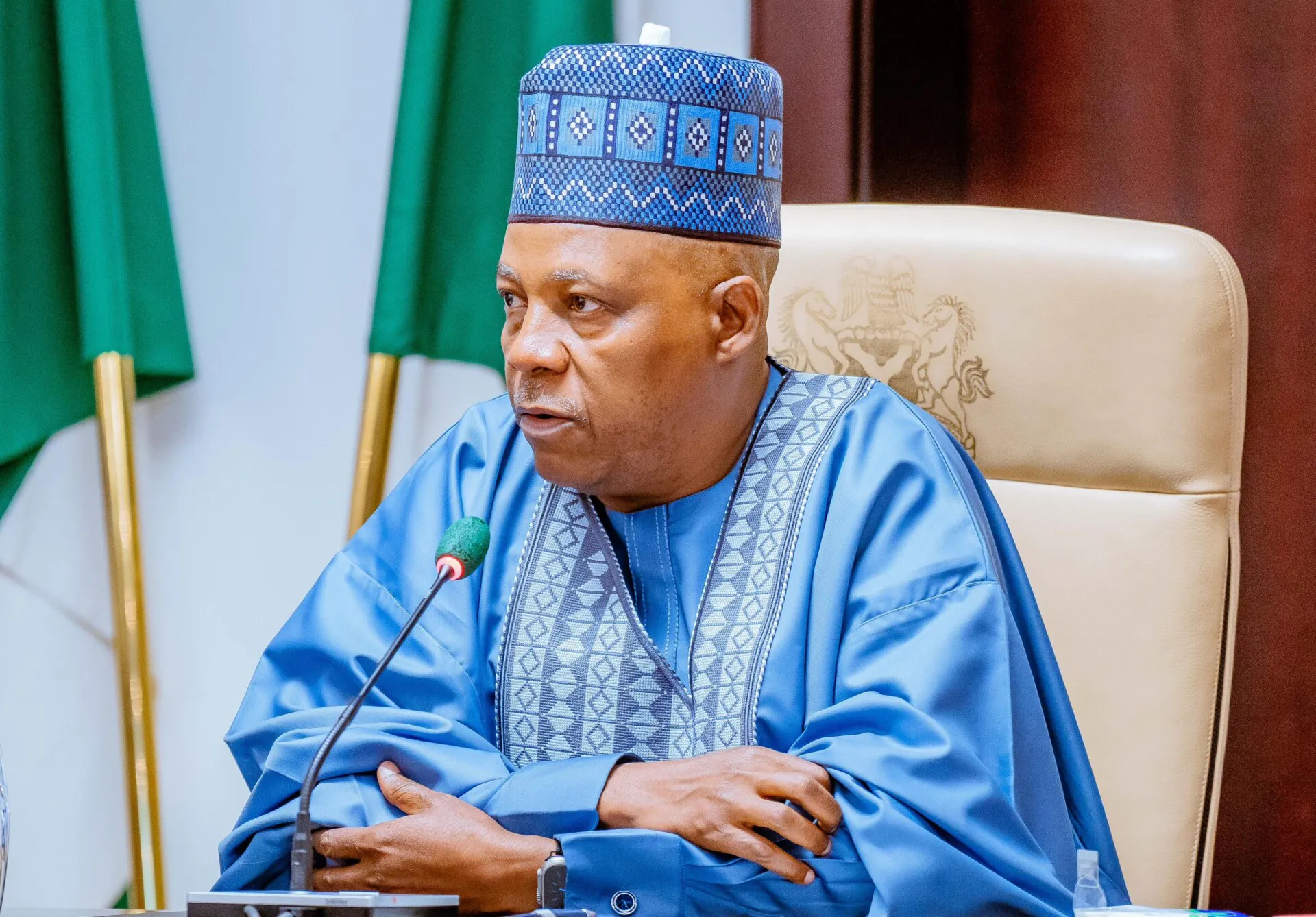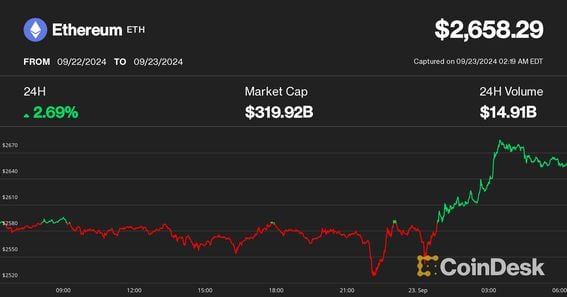Nigeria’s Vice President Kashim Shettima just announced the launch of a new initiative in Jigawa called the AI Expertise Blockchain and Technology Training and Outsourcing Initiative.
He said the plan is to make Nigeria a leader in digital tech across Africa, so the government is partnering with a tech company called Gluwa.
Together, they’re planning to train 1,000 Nigerians every year in AI, blockchain, and other technologies.
President Bola Ahmed Tinubu is launching a financial grant of 150,000 nairas ($90) to micro, small, and medium enterprises (MSMEs). This is meant to help build a home-grown fintech ecosystem.
AT LAUNCH OF BLOCKCHAIN OUTSOURCE/MSMES CLINIC IN JIGAWA:
Nigeria Poised To Overtake Other World Economies, Technologies – VP Shettima
* Announces FG's N150,000 grant for each business owner
* Partners with Gluwa to train 1,000 tech experts annually
The Vice President,… pic.twitter.com/GfB2KwDmsH
— Senator Kashim Shettima (@officialSKSM) July 23, 2024
During the launch in Jigawa, Shettima made it clear that this grant is a gift—no repayment needed.
While in Jigawa, Shettima also kicked off the 4th edition of the Expanded National MSMEs Clinic. This program is designed to support small businesses across the country.
Nigeria’s approach to cryptocurrency has become pretty hostile recently. In May, Tinubu banned P2P crypto trading with the naira. He claimed that he wanted to protect the national currency from devaluation and speculation.
Emomotimi Agama, the Director General of the Securities and Exchange Commission (SEC), led a crackdown on Binance, the largest crypto exchange in the world.
Binance was ordered to halt all naira transactions and trading in Nigeria. The country then filed charges against Binance and two of its executives, accusing them of tax evasion and money laundering.
One executive, Nadeem Anjarwalla, managed to escape custody in March but was found in Kenya in April. Tigran Gambaryan, Binance’s head of financial crime compliance, is still in custody.

The Federal High Court decided in May 2024 that Gambaryan can stand trial on behalf of Binance. Despite all of these, crypto trading in Nigeria has been steady.
Between July 2022 and June 2023, trading volumes grew by 9%, hitting $56.7 billion according to Chainalysis. There’s a push to promote the eNaira, Nigeria’s central bank digital currency, launched in 2021.
Some in the industry think the government’s actions might be aimed at making the eNaira more popular. Meanwhile, a KuCoin study found that 35% of Nigerians aged 16 to 18 are investing in or trading cryptocurrencies.
The country ranks as the top country for cryptocurrency usage and ownership globally. Ongoing economic issues, like high inflation and a weak currency, continue to push Nigerians toward cryptocurrencies as an alternative store of value.





